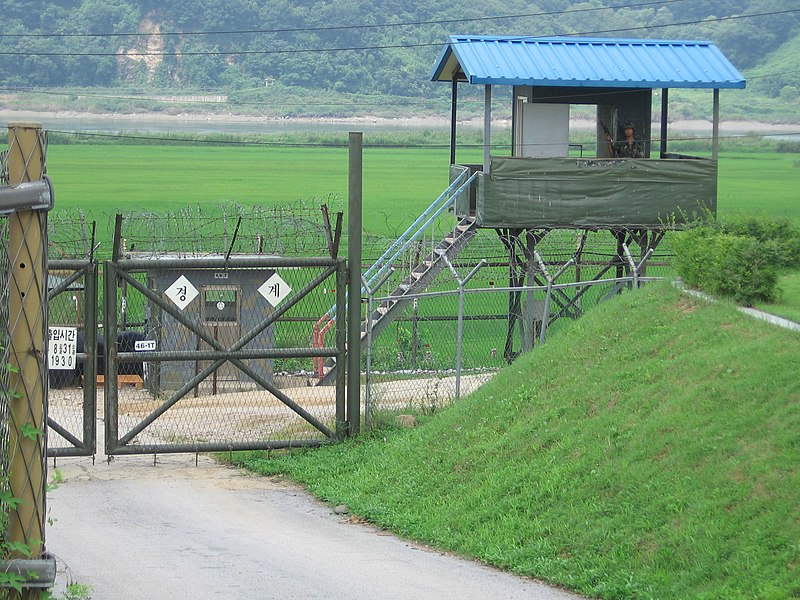
A balloon believed to have been sent by North Korea, carrying various objects including what appeared to be trash and excrement, is seen over a rice field at Cheorwon, South Korea.
North Korea has launched at least 260 balloons filled with rubbish into South Korea, prompting authorities to advise residents to stay indoors. South Korea's military has also cautioned the public against touching the white balloons and the plastic bags attached to them, as they contain "filthy waste and trash."
These balloons have been discovered in eight of South Korea’s nine provinces and are currently being analyzed. Both North and South Korea have a history of using balloons for propaganda since the Korean War in the 1950s. Initially, South Korea's military investigated whether the balloons contained any North Korean propaganda leaflets.
This incident follows North Korea's recent threats to retaliate against the "frequent scattering of leaflets and other rubbish" in border areas by South Korean activists. North Korea's vice-minister of defense, Kim Kang Il, stated to state media on Sunday that "mounds of wastepaper and filth will soon be scattered over the border areas and the interior of the ROK, and it will directly experience how much effort is required to remove them."
The official name of South Korea is the Republic of Korea (ROK), while North Korea is referred to as the Democratic People's Republic of Korea (DPRK).
Late on Tuesday, residents living north of South Korea's capital, Seoul, and in the border region received text messages from provincial authorities advising them to "refrain from outdoor activities." They were also instructed to report any "unidentified objects" to the nearest military base or police station.
Photographs shared on social media depict bags attached via string to white translucent balloons, carrying items such as toilet paper, dark soil, and batteries. Police and military officers are seen inspecting these balloons. According to South Korea's Yonhap news agency, "some of the fallen balloons carried what appears to be feces judging from its dark color and odor."
South Korea's military condemned the act as a "clear violation of international law," stating, "It seriously threatens the safety of our people. North Korea is entirely liable for what happens due to the balloons, and we sternly warn North Korea to immediately stop this inhumane and crass action."
In the past, South Korean activists have launched balloons carrying anti-Pyongyang propaganda, cash, banned media content, and even Choco Pies—a South Korean snack banned in the North. Earlier this month, a South Korea-based activist group claimed it had sent 20 balloons carrying anti-Pyongyang leaflets and USB sticks containing Korean pop music and music videos across the border.
Despite a law passed by Seoul's parliament in December 2020 criminalizing the launch of anti-Pyongyang leaflets, critics have raised concerns about freedom of speech and human rights. North Korea has also used balloons to send messages southward, including a 2016 incident where the balloons reportedly carried toilet paper, cigarette butts, and rubbish, which Seoul police described as “hazardous biochemical substances.” Photo by Johannes Barre, iGEL, Wikimedia commons.








































